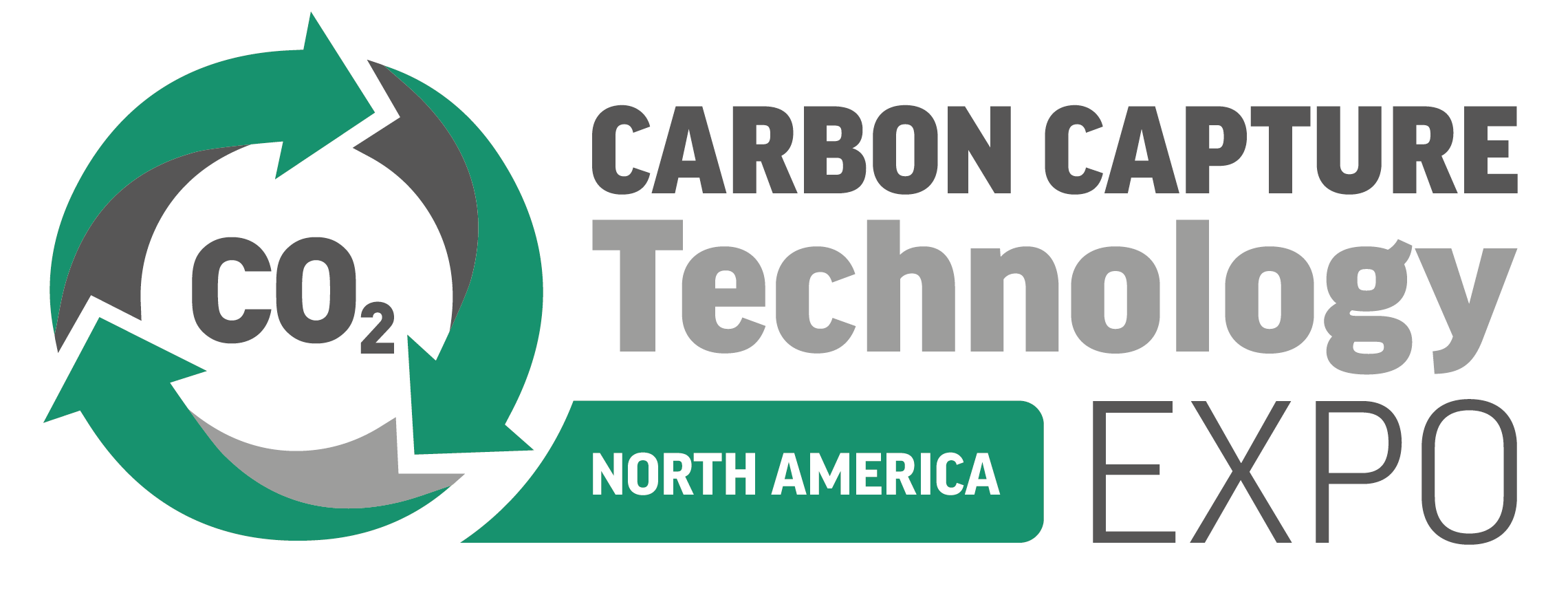U.S. Government May Soon Require Natural Gas-Fired Power Plants to Install Carbon Capture Technology
)
The U.S. government might soon require natural-gas-fired power plants to install carbon capture technology as the Biden administration enforces new rules to decarbonise the power sector in 12 years, according to Reuters.
The Environmental Protection Agency (EPA) is expected to reveal standards for new and existing power plants responsible for around a quarter of U.S. greenhouse gas emissions. The new regulations are set to replace former President Donald Trump’s American Clean Energy rule and President Barack Obama’s Clean Power Plan, both of which were invalidated by courts.
The standards should be based on a plant’s potential to reduce emissions through carbon capture and storage (CCS) technology, according to clean air law experts and industry representatives in talks with the EPA, reported Reuters.
Utilities may need to make a choice between building new baseload gas plants with CCS technology or zero-emission renewable energy. States might be required to devise plans for bringing their plants into compliance.
"These standards could level the playing field between new gas plants and new renewable energy," said Thomas Schuster, head of the Sierra Club's Pennsylvania chapter.
At present, most new gas plants do not pay for emitting carbon. Therefore, the rules may make it more difficult for them to compete with solar and wind utilities.
The rules will be based on the Clean Air Act, which requires the Environmental Protection Agency (EPA) to set standards for "best system of emission reduction" technologies that are deemed affordable and technically feasible. The EPA has already proposed rules for new power plants, but these new rules would also apply to existing plants.
The standards are expected to face legal challenges from the fossil fuel industry, which argues that they are too costly and burdensome. However, the Biden administration is confident that the rules are legally defensible. In particular, the administration points to a Supreme Court decision last July that barred the EPA from forcing a system-wide shift in electric generation but allowed it to issue plant-specific rules.
The new rules are also supported by the Inflation Reduction Act, which was signed into law last year. The law created tax credits for carbon capture and hydrogen, making these technologies more affordable. It also affirmed the EPA's authority to regulate power plants. The law offers more than $100 billion in clean electricity tax incentives, including a 70% increase in credits for each ton of carbon captured and sequestered.
The Biden administration's new rules are a significant step forward in the fight against climate change. If successful, they could help the United States achieve its net-zero emissions goal by 2050.
"If you're building a new fossil [plant], it needs to control its emissions, said Lissa Lynch, director of the federal legal group at the Natural Resources Defense Council. Existing technology can capture and store approximately 90% of carbon emissions, Lynch said.



)
)
)
)
)
)
)



)
)
)
)
)
)
)
)
)
)
)
)
)
)
)
)

)

)
)
)

)
)
)
)
)
)
)
)
)
)
)

)

)
)
)
)
)
)
)
)
)


)
)
)

)
)
)

)
)
)
)
)

